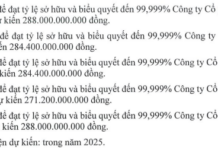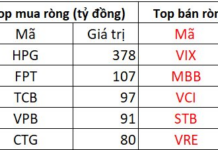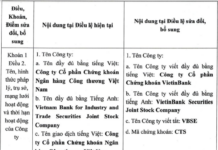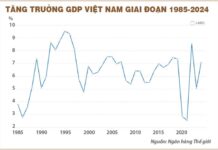The Ministry of Home Affairs has recently released a draft amendment to the Law on Official Staff, inviting feedback from the public. This draft inherits and amends the 2010 Law on Official Staff (amended and supplemented in 2019) to align with the Communist Party’s new regulations and stated principles and objectives.
Specifically, the draft is designed to institutionalize the Party’s guidelines in encouraging officials to be innovative, bold, and proactive, while also enhancing their professional ethics to meet the increasingly high standards of service to the people and society.
Notably, the Ministry of Home Affairs proposes to improve and supplement the regulations on official staff screening, moving away from the condition of “not completing tasks for two consecutive years.” This change creates a competitive mechanism within the staff, motivating them to continuously improve their capabilities and sense of responsibility.
According to the current Law on Official Staff, public service units can unilaterally terminate labor contracts if an official has been rated as not completing tasks for two consecutive years, is forced to leave according to regulations, or other specified reasons.
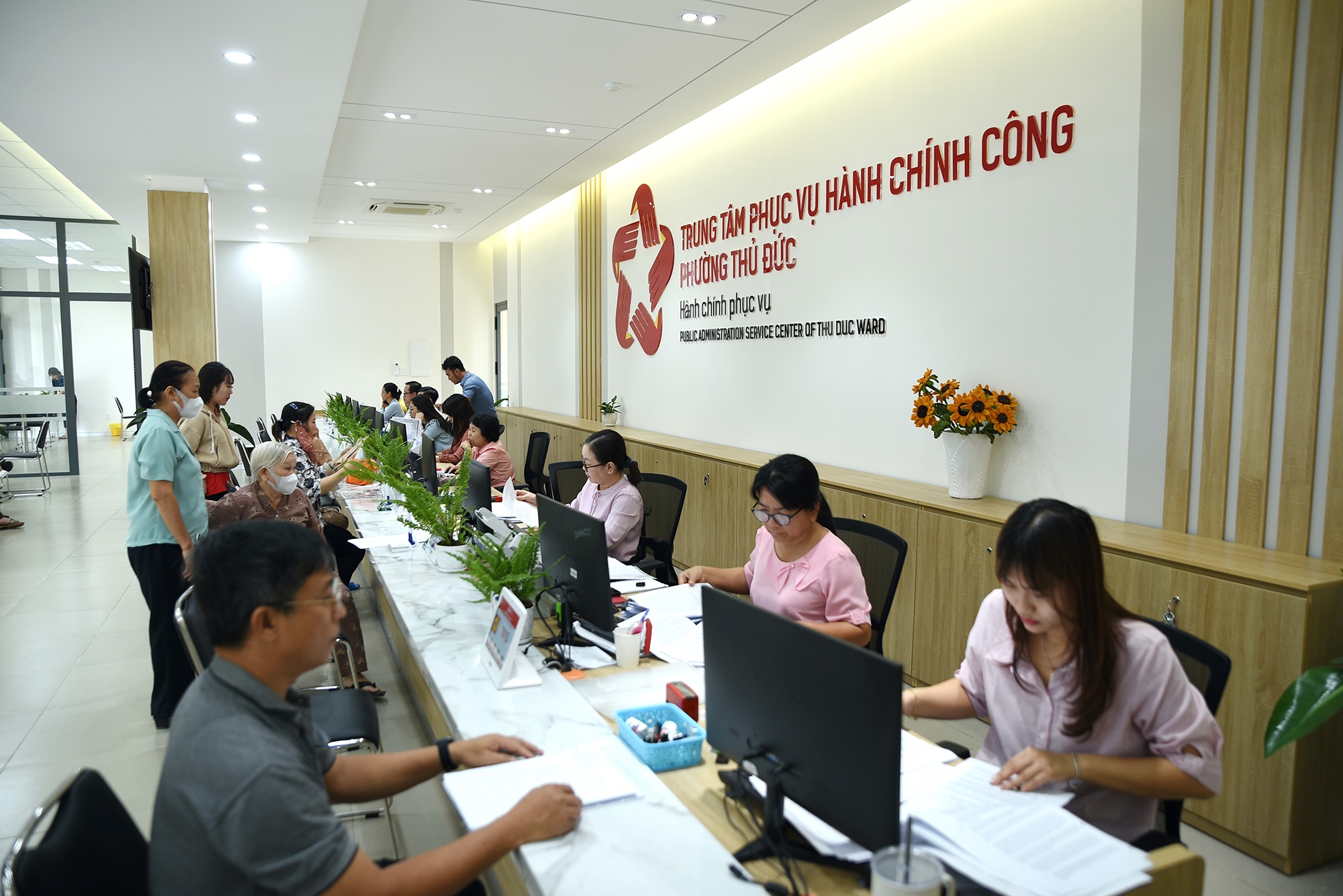
The draft amendment to the Law on Official Staff aims to institutionalize the Party’s guidelines in encouraging innovation and bold action from officials. Photo: CONG LINH
|
The Ministry of Home Affairs proposes that the quality assessment results be communicated to the individual officials, publicized within the organization, and included in their personnel files. These results should also be updated in the unit’s official staff database.
Based on the periodic or annual evaluation and ranking results, the authorized agency will decide on training, fostering, planning, transferring, appointing, reappointing, or assigning higher-level positions.
The competent authority will also base its decisions on salary and other policies, as well as rewards and income incentives, on these evaluation results. They will also consider demoting or terminating officials who fail to complete their tasks or meet the requirements.
Officials who are forced to leave, have their labor contracts unilaterally terminated, or fail to complete their tasks or meet requirements to the extent of termination will not be eligible for severance pay.
The drafting agency also proposes to institutionalize policies encouraging officials’ innovation and protecting proactive and creative officers who dare to think, act, break through, and take responsibility for the common good.
Additionally, they suggest removing the regulations on official staff detachment to avoid administrative management and clearly delineate the professional activities of officials. “If necessary, the competent authority will decide to transfer, rotate, or change the official’s position to meet the requirements of the task,” the Ministry of Home Affairs stated.
The draft law also includes a supplement on digital transformation, emphasizing the management and utilization of the national database on officials to support the development of a digital government, society, and economy.
|
The draft amendment to the Law on Official Staff also emphasizes the decentralization and reduction of administrative procedures. It removes the provisions on promotion exams and evaluations, reducing two procedures compared to the current law. A new mechanism for salary payment is proposed, decoupling it from the official’s rank in their vocational position. With this change, the consideration for rank promotion will be eliminated. |
N.THAO – D.MINH
– 07:47 17/08/2025
The Art of Pricing Land: A Strategic Approach
There were many concerns raised at the Social Review Conference for the Draft Decision to amend Decision 02 of 2020 by the People’s Committee of Ho Chi Minh City, which sets out the guidelines for land prices in the city. The conference was held on the afternoon of August 12th by the Ho Chi Minh City Union of Vietnamese Fatherland Front.

















